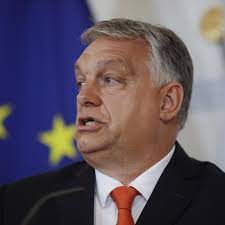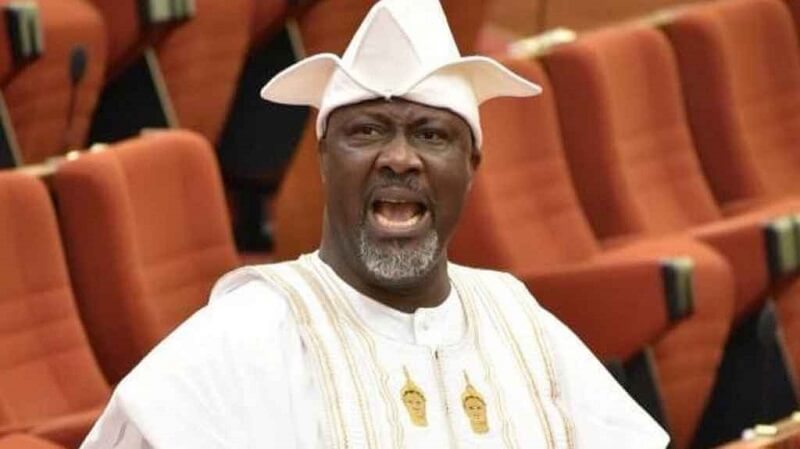European Union hardens stance against state interference in media
Public television in Hungary is largely regarded as a mouthpiece for Prime Minister Viktor Orban, and Brussels has grown increasingly concerned about the influence of the state on news and media in a growing number of EU members.
In the Czech Republic, a large media conglomerate is owned by the former prime minister Andrej Babis, who has been charged with undermining press freedom after using his newspapers to disparage the objectivity of other news organizations.
According to EU commissioner Thierry Breton, the European Media Freedom Act will offer “shared safeguards… to guarantee that our media are able to function without any intervention, whether it private or public.”
We’re proposing a rule that will be uniformly applied across Europe in the same
One of the main components of the law will be a new authority that will allow the EU’s 27 countries to have an eye on media mergers that would affect the plurality of media ownership.
It will also demand that funding of state media be “adequate and stable” in order to prevent governments using budget allocations to pressure publicly owned media companies and newsrooms.
The regulation would also call for national governments to enact laws that sufficiently safeguard the protection of journalistic sources. It needs to be adopted by EU member states and the European Parliament.
The European watchdog will be made up of national regulators who will make sure that the law is properly enforced throughout the EU.
They would also coordinate the EU’s response to non-EU media, which is a major cause for concern in light of the challenges in coordinating a coordinated response to Russia Today’s presence in the days following the Russian invasion of Ukraine.
Vice President of the EU commission Vera Jourova stated, “We want it to apply as soon as possible… because we believe it to be a matter of tremendous urgency.”
(AFP)



